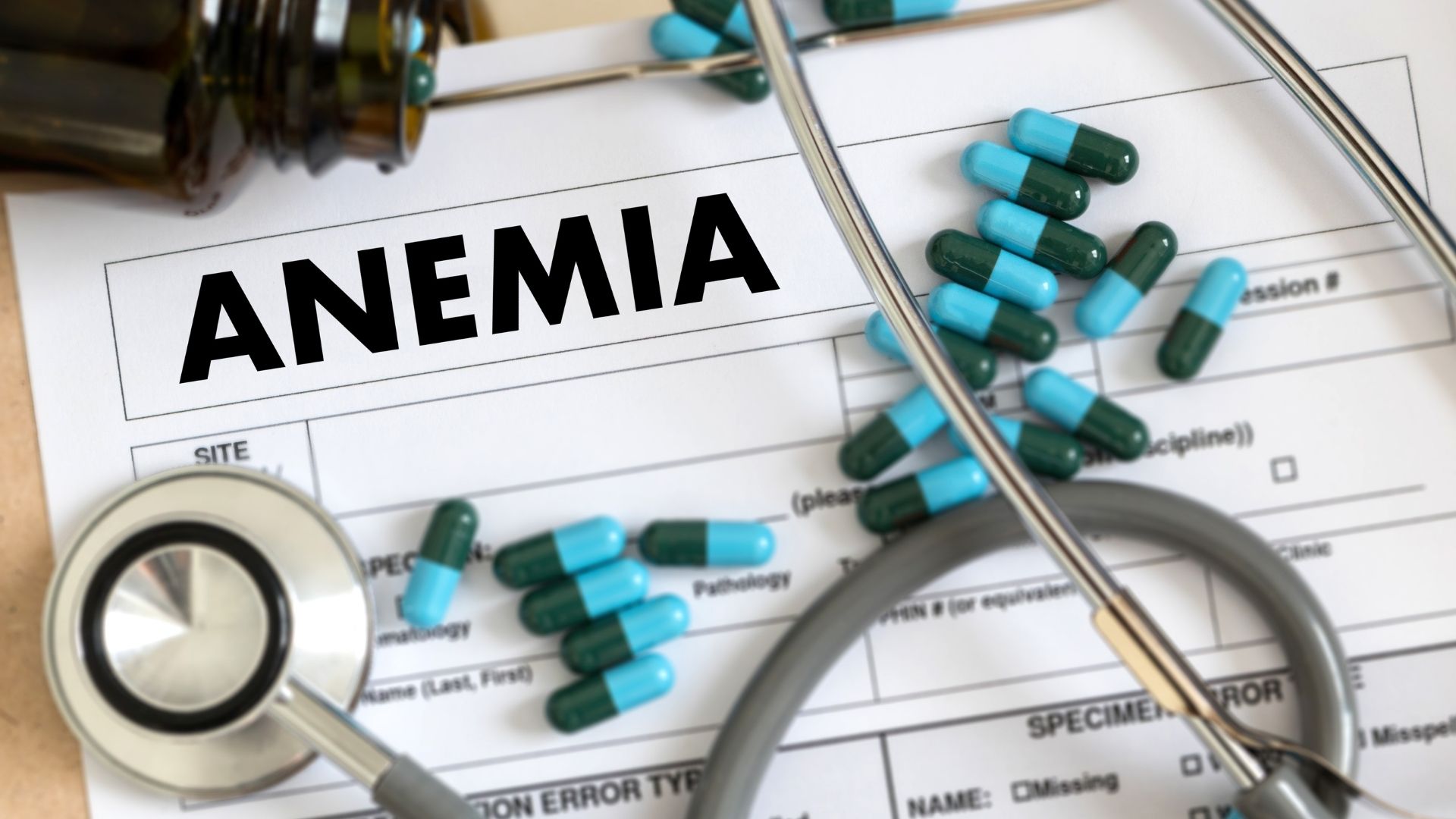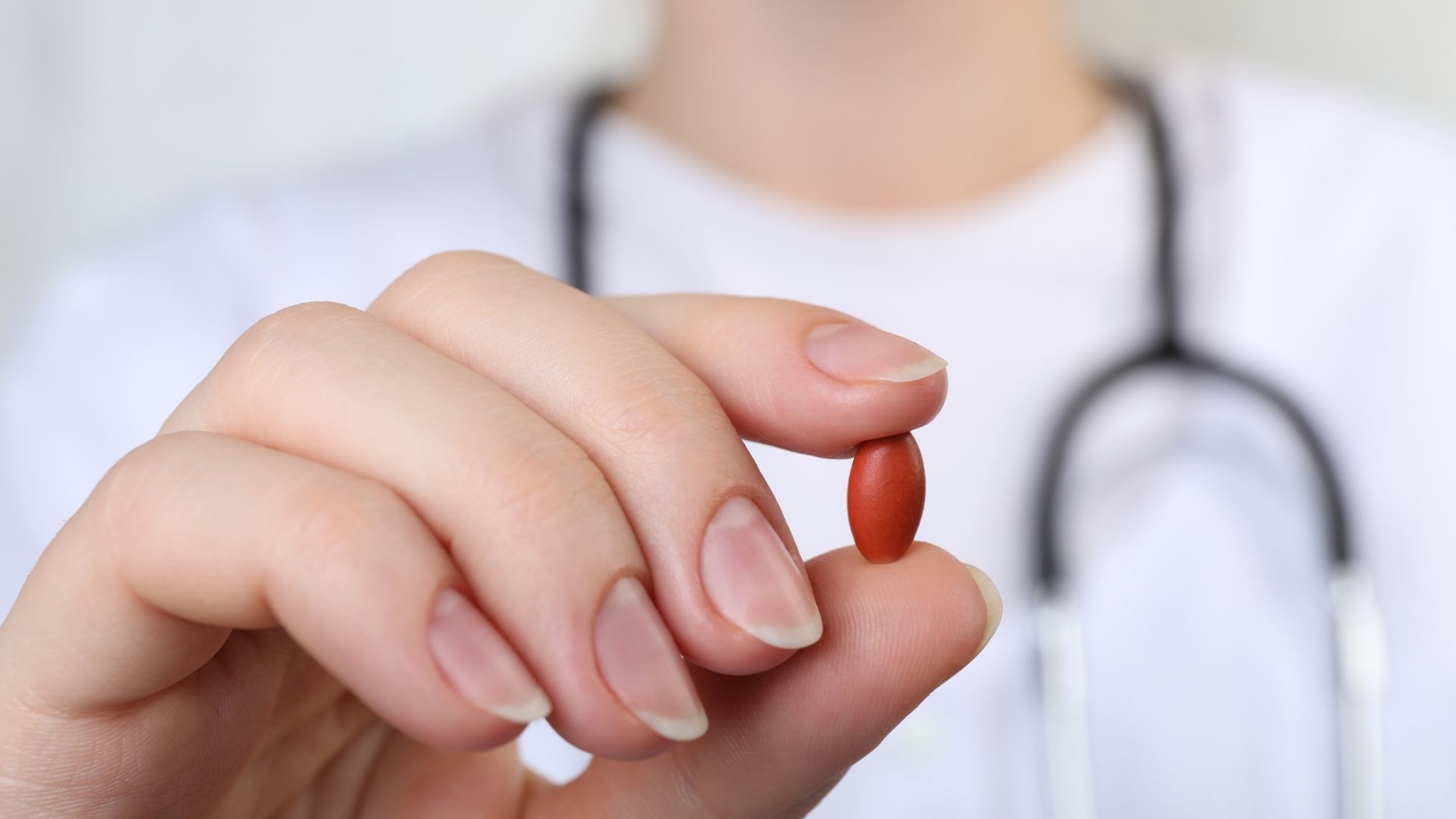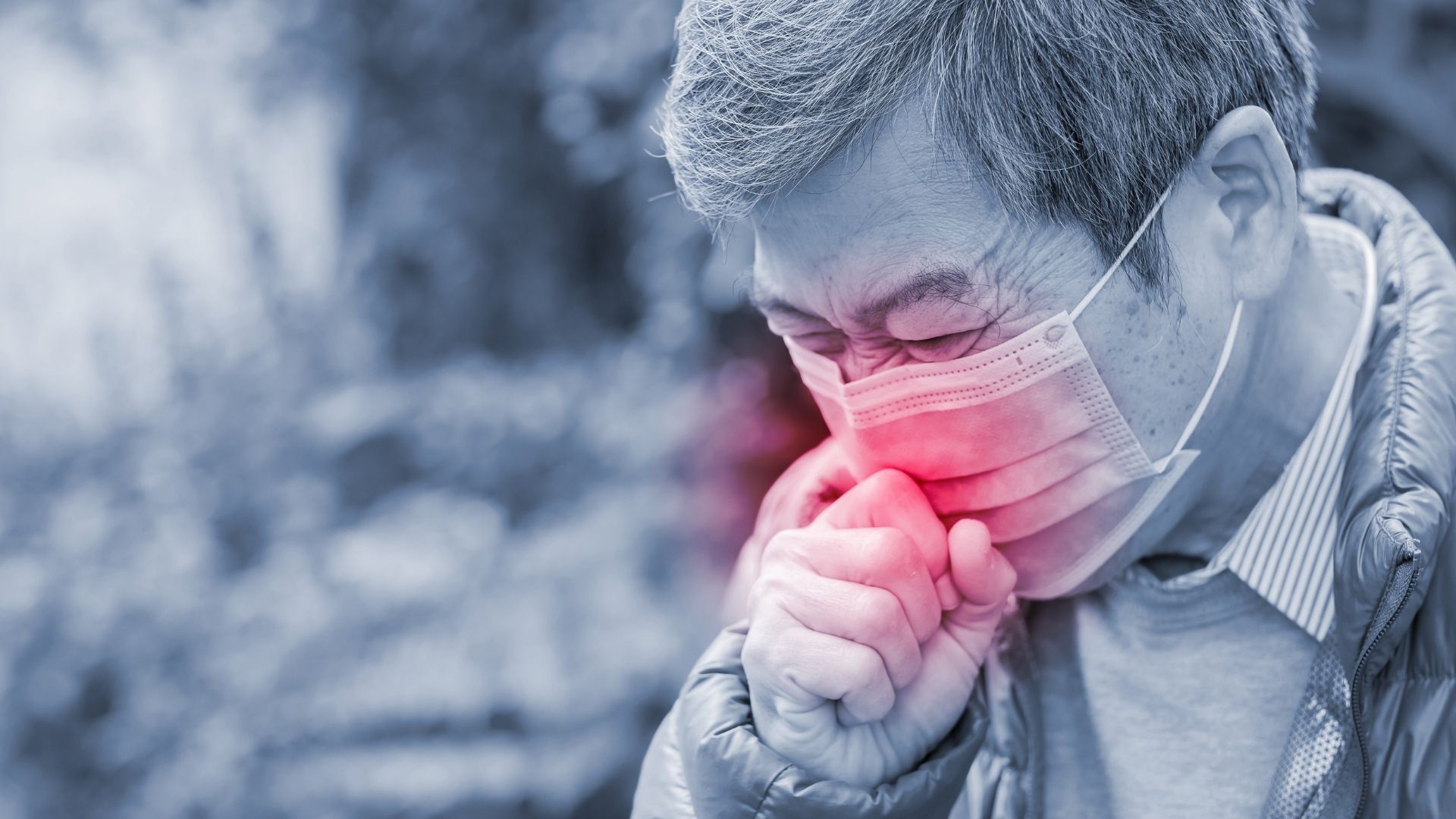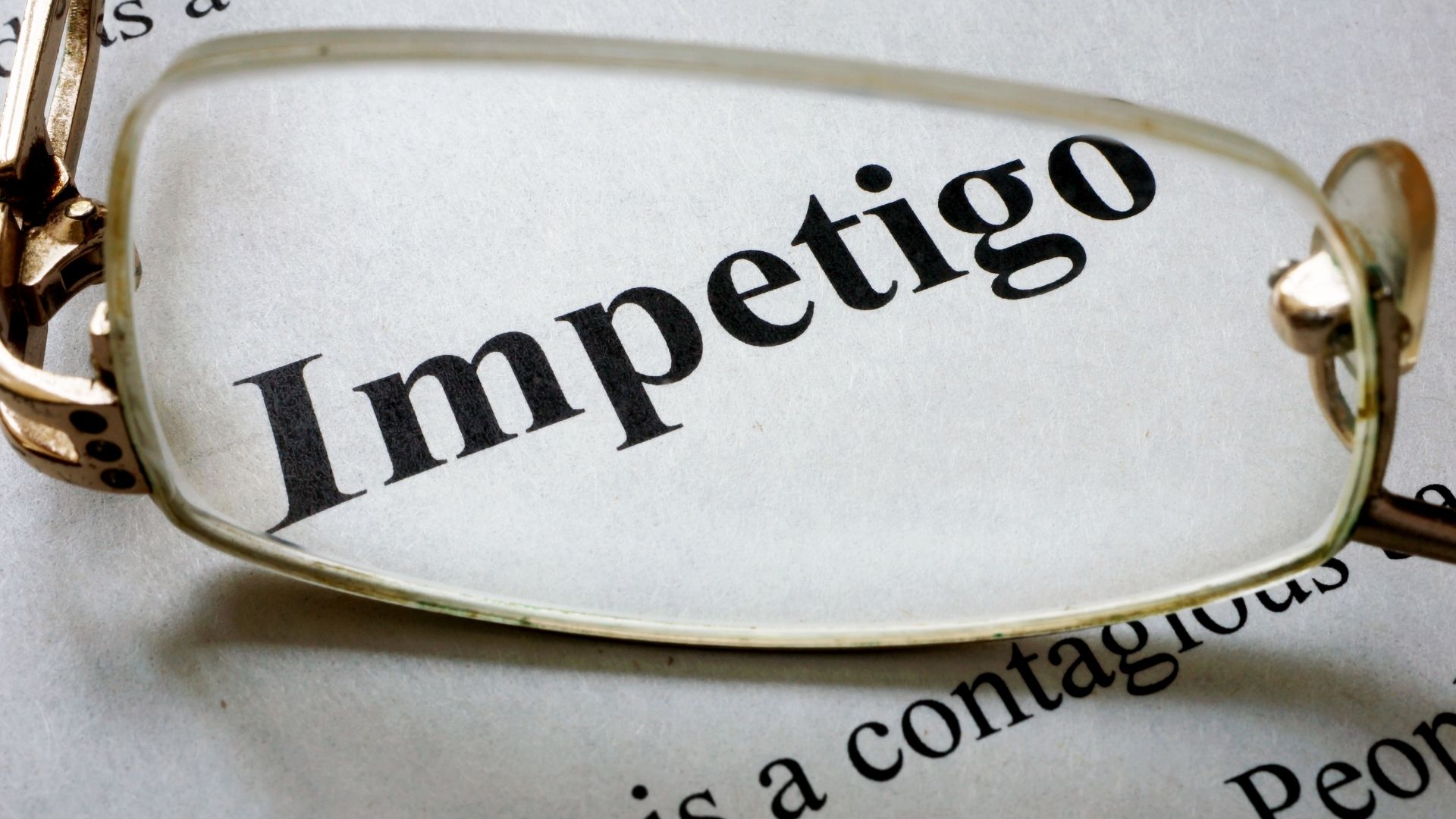Iron deficiency anemia is a health problem caused by insufficient iron in the body. Red blood cells produce a substance called hemoglobin, which is needed to carry oxygen to body tissues. Iron deficiency anemia occurs when there is insufficient production of this hemoglobin.
This type of anemia occurs when the body does not have enough healthy red blood cells, usually due to iron deficiency. Iron is an essential component for the production of hemoglobin. If the body cannot provide enough iron, hemoglobin production is impaired and the red blood cells have insufficient oxygen-carrying capacity. This can cause symptoms such as fatigue and shortness of breath.
Causes of iron deficiency anemia:
Blood Loss: Blood loss can cause iron loss in the body. Women with heavy menstrual bleeding are particularly at risk.
Iron Deficiency in the Diet: Inadequate iron intake can lead to iron deficiency anemia. Insufficient consumption of iron-rich foods such as meat, legumes and green leafy vegetables can trigger this condition.
Trouble Absorbing Iron: Conditions that interfere with the absorption of iron from the intestines can contribute to iron deficiency anemia. For example, intestinal diseases such as celiac disease can lead to this problem.
Pregnancy: During pregnancy, iron requirements increase for both mother and baby. Therefore, pregnant women should take iron supplements.
Blood Donation: Individuals who donate blood regularly can deplete their iron stores. Therefore, blood donors are also at risk.
Vegetarianism or Veganism: People who do not eat meat are at risk of iron deficiency if they do not turn to iron-rich plant sources.
Complications of iron deficiency anemia can be:
Growth Problems: Severe iron deficiency anemia can lead to growth and development problems in children.
Pregnancy Problems: Iron deficiency anemia in pregnant women may increase the risk of preterm birth and low-weight babies.
Heart Problems: In anemic individuals, the heart may have to work harder to compensate for the lack of oxygen, which can lead to heart problems.
You can take the following measures to prevent iron deficiency anemia:
Eat Iron Rich Foods: Include iron-rich foods such as meat, chicken, fish, red lentils, beans and spinach in your diet.
Take Vitamin C: Vitamin C improves iron absorption. Citrus juices such as orange and lemon juice are sources of vitamin C.
Develop Good Eating Habits: A healthy and balanced diet can reduce your risk of iron deficiency.
Iron Supplements: Use iron supplements as recommended by your doctor.
Control Blood Loss: Keep blood sources such as excessive menstrual bleeding under control.
Symptoms of iron deficiency anemia include extreme tiredness, weakness, headache, shortness of breath and pale skin. If you have these symptoms, you should consult a doctor.
To diagnose iron deficiency anemia, your doctor will perform various blood tests. Red blood cell size, color, hematocrit and hemoglobin levels are examined. The ferritin level is also checked. After these tests, iron deficiency anemia is diagnosed.
Your doctor may recommend iron supplements to treat iron deficiency anemia. The treatment may take several months.
In severe iron deficiency anemia, the underlying cause may need to be treated. Steps such as identifying sources of bleeding and surgical intervention are important in this case.
Iron deficiency anemia is a health problem caused by a lack of iron in the body. With the right diagnosis and treatment, it is possible to overcome this problem. A healthy lifestyle and a balanced diet are important in reducing the risk of iron deficiency anemia.




